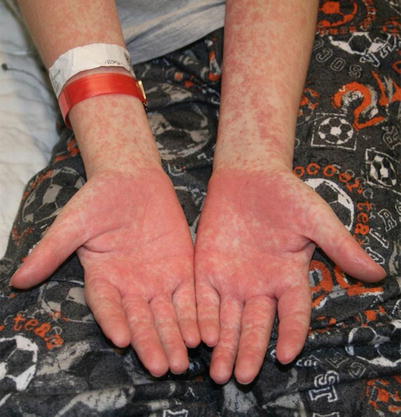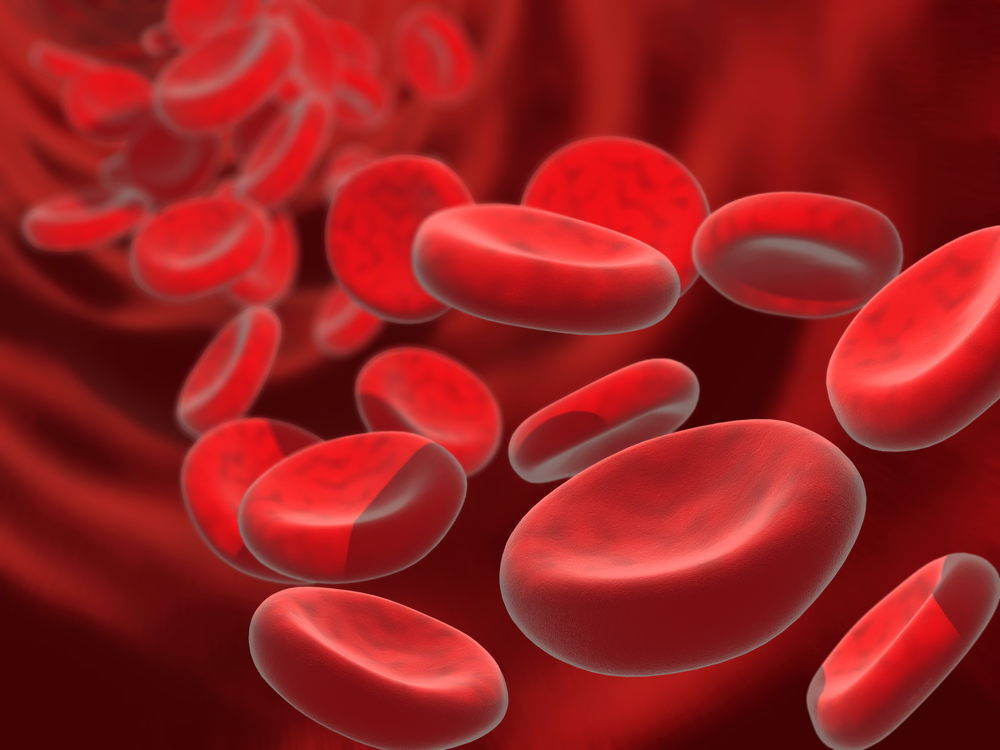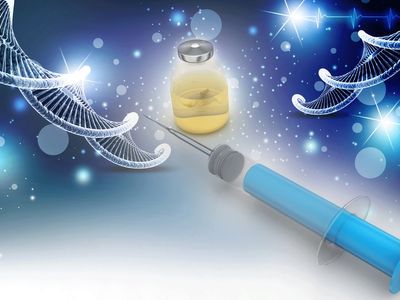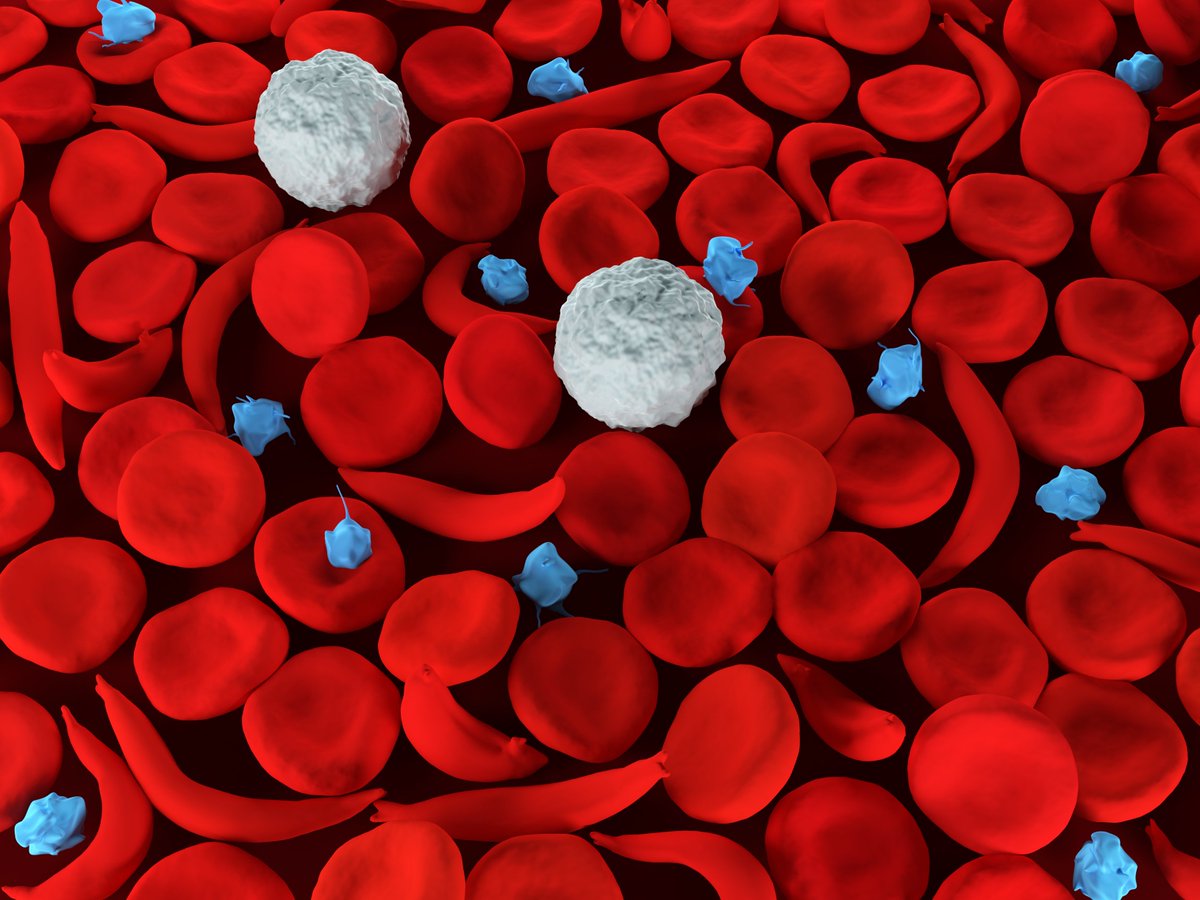In an investigation distributed in Human Cell, specialists detailed 3 novel hazard factors related with the seriousness of interminable graft‐versus‐host sickness (cGVHD) advancement after allogeneic undifferentiated organism transplantation (alloSCT): the quantity of CD19-positive (CD19+)– and CD3-positive (CD3+)– injected cells in the unite and the nearness of patient human leukocyte antigen (HLA) antibodies before transplantation.
The agents broke down information from a back to back arrangement of patients with intense myelogenous leukemia/myelodysplastic disorder (AML/MDS) who got alloSCT with nonmyeloablative molding to distinguish hazard factors related with the seriousness of cGVHD.
Potential hazard factors included were transfusions before transplantation, nearness of HLA antibodies, structure of the join (CD3+, CD19+, CD34+ cells), kin or coordinated irrelevant benefactor, female giver to male beneficiary, cytomegalovirus serology, and the improvement of intense GVHD.
The investigation associate included 98 patients, of whom 85 had AML and 13 had MDS. Middle patient and benefactor ages were 57 years (run, 24-74) and 45 years (go, 19-71), individually.
Of the 67% of patients in whom cGVHD created, 42% experienced mellow cGVHD and 58% experienced moderate-to-serious cGVHD. Middle time from transplantation to beginning of both mellow and moderate to extreme cGVHD was 208 days.
In multivariate examination, the specialists found that the quantity of CD19+ (risk proportion [HR], 2.79; 95% CI, 1.35-5.74; P <.01) and CD3+ (HR, 2.18; 95% CI, 1.04-4.59; P =.04) cells in the unite just as nearness of patient HLA antibodies before transplantation (HR, 2.34; 95% CI, 1.11-4.95; P =.03) were essentially connected with the improvement of moderate to serious cGVHD.
Nonetheless, the specialists forewarned that their discoveries “should be confirmed in a larger multicenter cohort of patients to confirm clinical significance.”




